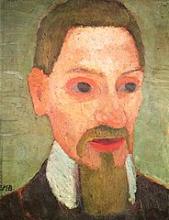 Mediating Modern Poetry started life as a Knowledge Exchange Fellowship with Oxford Univeristy (2014-15). Since then Professor Karen Leeder has been working with the journal Modern Poetry in Translation (MPT), Poet in the City, and the Southbank Centre, London, along with other arts organizations local schools and a host of individual poets, translators, musicians, artists and film-makers to explore aspects of modern European poetry and its transmission and reception.
Mediating Modern Poetry started life as a Knowledge Exchange Fellowship with Oxford Univeristy (2014-15). Since then Professor Karen Leeder has been working with the journal Modern Poetry in Translation (MPT), Poet in the City, and the Southbank Centre, London, along with other arts organizations local schools and a host of individual poets, translators, musicians, artists and film-makers to explore aspects of modern European poetry and its transmission and reception.
A first focus was a specially curated series of events exploring the reception of the great classic Rainer Maria Rilke for the biannual festival ‘Poetry International’ at the Southbank Centre, London in July 2014. This involved a number of major contemporary English and German-language poets who explored their relationship with Rilke's work. See more about the events by clicking on the highlights or event pages.
Since then there have been publications, workshops, poetry duels, masterclasses, readings and roundtables and events in a variety of venues with a number of contemporary poets and their translators. Mediating Modern Poetry has for example, been to events in Berlin, Rome, Innsbruck, Berlin, Rotterdam, Mumbai, Cork and the Aldeburgh International Poetry Festival. See more about some of the events.
2015 sees a new initiative taking young poets and their translators into new poetry venues across the country and exploring the links between poetry and other art forms.
The project has also taken modern German poetry and translation into local schools around London, Oxford and Abingdon.











